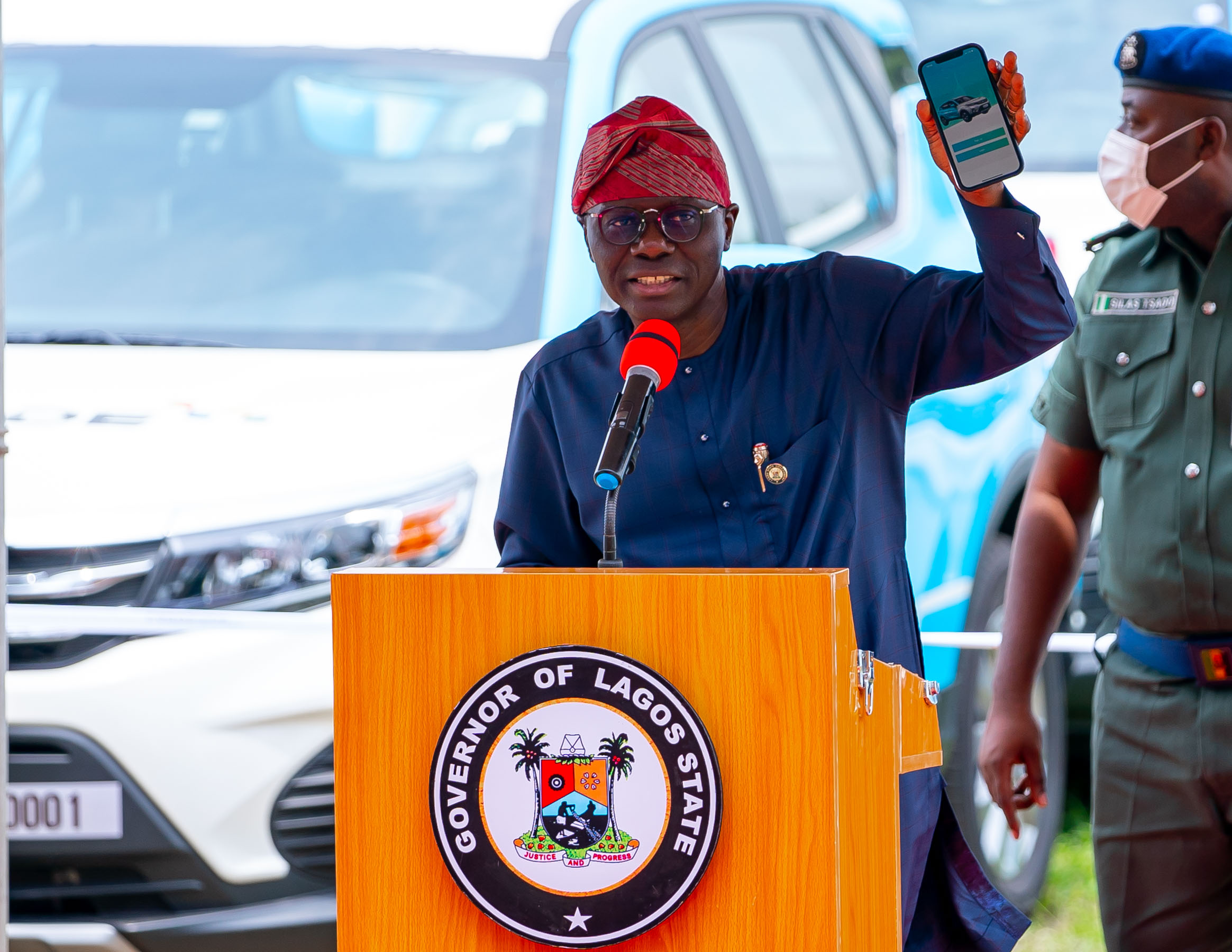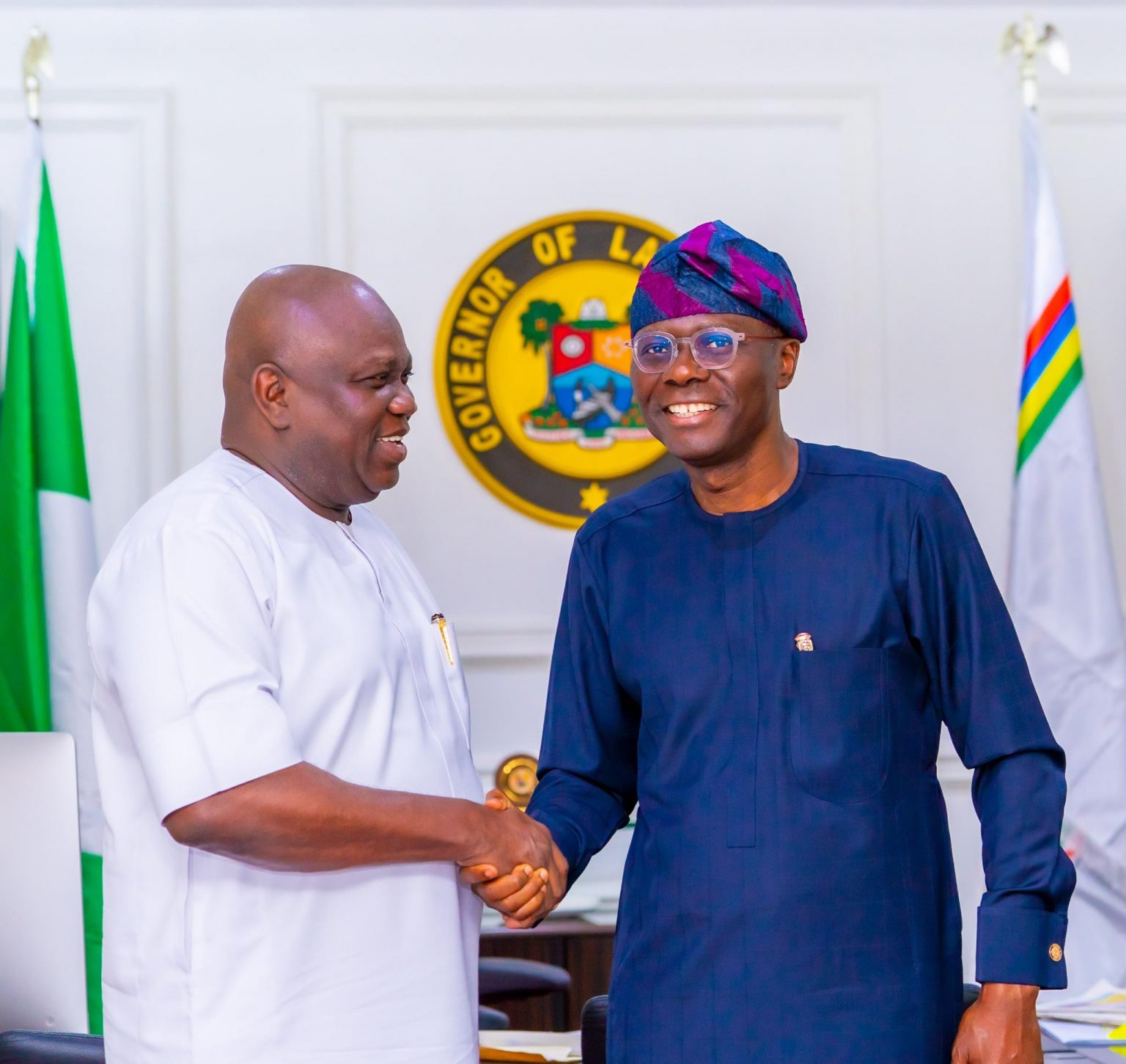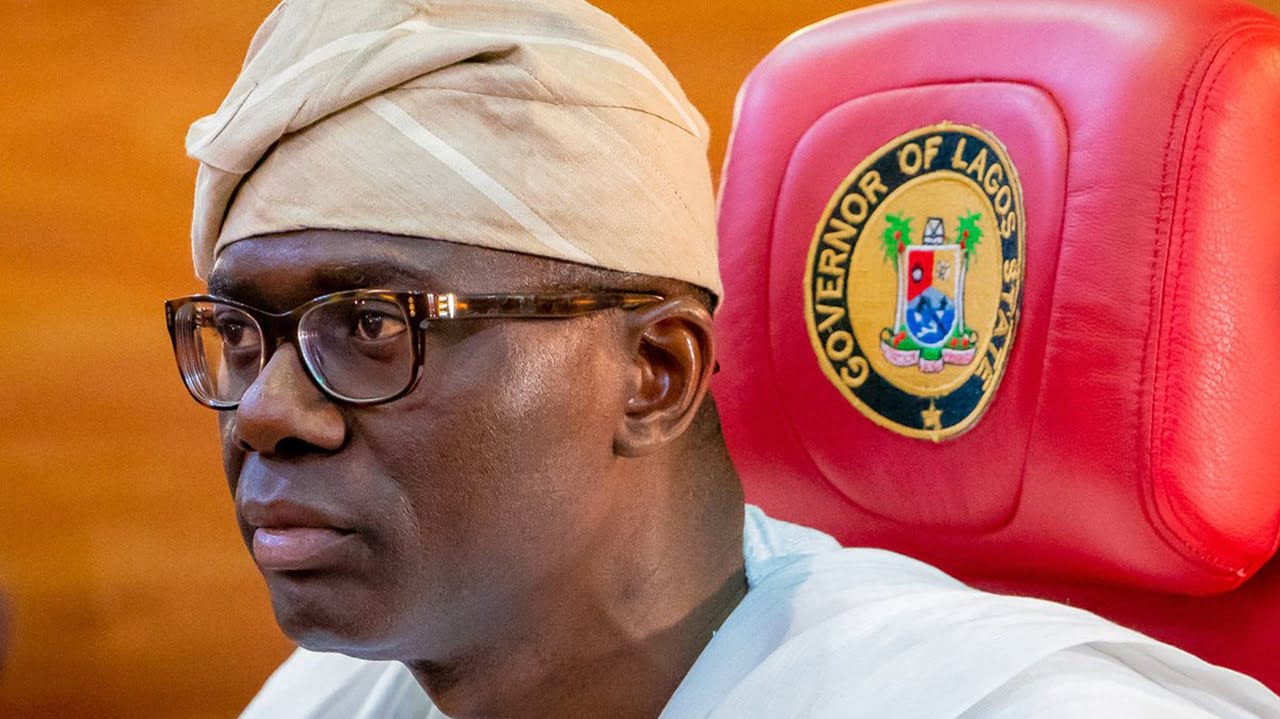News
With 1,000 New Cars, Sanwo-Olu Launches Tech – Driven Lagos Taxi Scheme
The scheme, codenamed “LAG RIDE”, was launched at a well-attended ceremony held at the State House in Alausa.

A safe, comfortable and modernised taxi scheme has taken off in Lagos State, with the rollout of the first batch of 1,000 brand-new GAC-branded automobiles by Governor Babajide Sanwo-Olu, on Wednesday.
The scheme, codenamed “LAG RIDE”, was launched at a well-attended ceremony held at the State House in Alausa.
The ride hailing taxi initiative, which is being operated on a lease-to-own basis, is a component of the State Government’s multimodal transportation blueprint being executed under the Traffic Management and Transportation pillar of the THEMES agenda of the Sanwo-Olu administration.
The initiative is a partnership between Lagos State-owned IBILE Holding Limited and CIG Motors Company Limited, with the objective to provide clean and reliable means of taxis movement across the metropolis at affordable cost, using brand-new vehicles.
Operators are required to pay about N1.9 million down payment, of which the sum covers the 20 per cent equity of cost of vehicle, registration and insurance. Each car being used in the scheme comes with technology-enabled security features that monitor every journey undertaken.
Sanwo-Olu, while launching the scheme, said the State had moved another step forward in its drive to develop an efficient transportation model in tune with modernity and comfort.
The Governor said the aim was not to run existing hailing ride operators out of the business, but to offer safer alternative and clear the roads of rickety cars being used for taxi business. The scheme, he said, will provide opportunities to the operators to become owners of the vehicles within three to four years period.
He said: “The need to provide better, dignifying and more rewarding means of transportation and livelihood for unemployed and underemployed population gave birth to the new ‘Lagos State Taxi Scheme’, which will be operated on a lease-to-own basis. Under this arrangement, a beneficiary will be provided a brand-new car which will become the driver’s property after completion of the payment of the vehicle’s subsidised cost.
“This taxi scheme will complement the various bus services which are making significant impact in the lives of our people; the water transport service, which is recording unprecedented patronage, as well as the Blue and Red Line Rail services which are on course to commence commercial operations between the last quarter of this year and the first quarter of 2023.”
To improve riders’ and passengers’ security, Sanwo-Olu said a full security gadget, including a 360 dashboard camera that will give 24-hour audio-visual feeds to the control centre, had been pre-installed on each car deployed for the scheme.
He added that each car came with a physical panic button that could be used by anyone on board in case of assault or emergency. The panic button, the Governor said, is also on the mobile application and is connected to the Control and Command Centre.
Sanwo-Olu disclosed that the automobile assembly plant being set up in Lagos – another component of the partnership between CIG Motors’ and the State Government – stood at 60 per cent completion, with anticipated launch and start of operations expected in September.
He said: “What we are witnessing today is that, Lagos is moving away from the era of rickety kabu kabu to brand-new, comfortable and safe transport system. The multiplier effect of this singular initiative on job creation, youth employment and economic growth and development in the State cannot be overstated.”
Commissioners for Transportation, Dr. Frederic Oladehinde, described the scheme as “another milestone achievement” by the State Government, noting that the initiative had joined an array of other innovative solutions initiated in the transport sector, which were targeted at redefining public transportation.

To make the rides affordable, the Commissioner said the technology on which the scheme is operated had made ride-sharing possible for passengers, who would agree to share ride and share transit costs.
Chairman of CIG Motors in Nigeria, Mrs. Diana Chang, said the roadmap for the urbanisation of the transportation system in Lagos started in November 2019 when the Governor and members of his cabinet visited the Republic of China for bilateral partnership. The launch, she said, is the glorious end of the partnership sealed with Chinese investors.
“We are using this partnership to promote a Greater Lagos where opportunities abound for citizens of the State, while creating a win-win model for all stakeholders,” she said.

Managing Director of IBILE Holding, Mr. Abiodun Amokomowo, said over 5,700 drivers had downloaded the driver’s mobile apps as at last Tuesday, out of which 1,786 drivers submitted applications.
Registration and enrolment fee has been accepted from 359 drivers, while others were awaiting screening, Amokomowo said.
He said: “As part of the process each operator will go through for the safety and security of life and effective operations of the scheme, we will conduct full verification of applicants’ Lagos State Drivers’ Institute (LASDRI) ID cards, medical history, background check and verification of NIN and Lagos resident registration numbers.”
The launch of the taxi scheme was received with a warm embrace by ride hailing drivers, who described the initiative as “unique, better alternative”.
Sam Mfuk, who is the first successful driver to get onboard of the scheme, said: “When we first heard about LAGOS RIDE, we were skeptical. But, when we attended the stakeholders’ meetings, we changed our minds. LAGOS RIDE has become the answer to our prayers in ride hailing sector. The details and features they shared with us were clearly thought out and our input was well included in the final model.”



